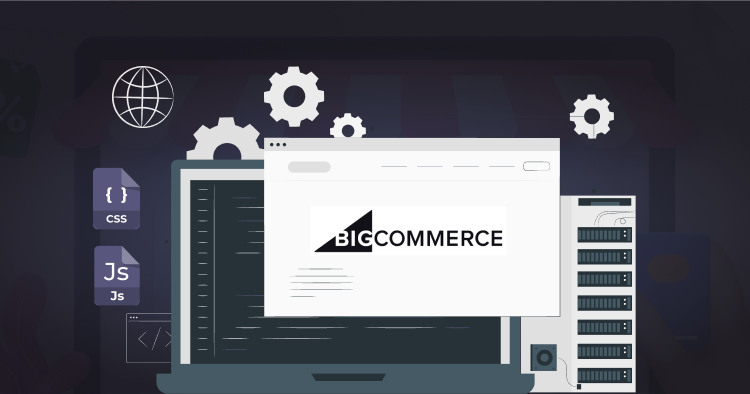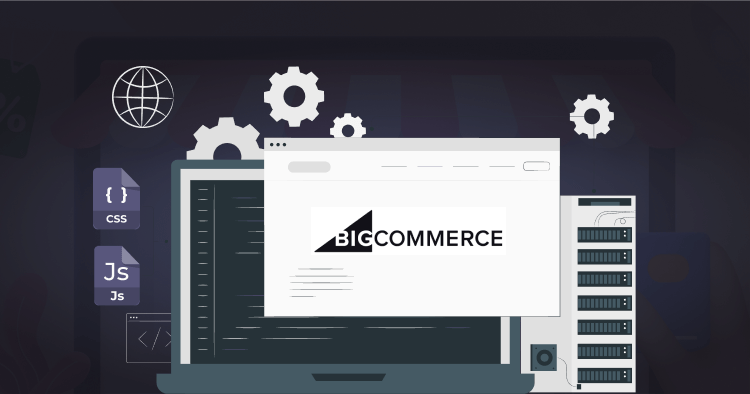In today’s digital landscape, Direct-to-Consumer (DTC) ecommerce has emerged as a powerful business model, allowing brands to sell their products directly to consumers without intermediaries. This approach offers numerous advantages, including greater control over the customer experience, increased brand loyalty, and the ability to collect valuable customer data. However, in an increasingly competitive market, it’s essential for DTC brands to find ways to stand out and connect with customers on a personal level. This is where the power of personalization, coupled with effective DTC strategies, comes into play.
Understanding DTC Ecommerce and Personalization
DTC ecommerce refers to the process of selling products directly to consumers through an online platform, bypassing traditional retail channels. This model has gained popularity in recent years due to its ability to offer a more seamless and personalized shopping experience. Personalization in DTC ecommerce involves tailoring the shopping experience to the individual preferences and needs of each customer, thereby increasing engagement, driving sales, and fostering long-term loyalty.
The Role of Bigcommerce in Personalization
Bigcommerce is a leading ecommerce platform that provides DTC brands with the tools and capabilities they need to succeed in today’s competitive marketplace. With its robust features and customizable solutions, Bigcommerce enables brands to create unique and engaging online experiences for their customers. When it comes to personalization, Bigcommerce offers a range of features and integrations that empower brands to deliver highly targeted and relevant content to their audience.
Read Also: How a BigCommerce Development Company Can Enhance Your Ecommerce Strategy
Strategies for Personalization in DTC Ecommerce
1. Customer Segmentation: One of the key strategies for personalization in DTC ecommerce is customer segmentation. By dividing your audience into distinct groups based on factors such as demographics, purchase history, and browsing behavior, you can tailor your marketing efforts to the specific needs and interests of each segment.
2. Dynamic Content: Another effective strategy for personalization is the use of dynamic content. This involves dynamically adjusting the content of your website, emails, and other marketing materials based on the user’s past interactions and preferences. By delivering relevant product recommendations, promotions, and content, you can enhance the shopping experience and drive conversions.
3. Personalized Recommendations: Bigcommerce offers powerful recommendation engines that use machine learning algorithms to analyze customer data and generate personalized product recommendations. By displaying recommended products based on the customer’s browsing and purchase history, you can increase the likelihood of conversion and encourage repeat purchases.
4. Behavioral Targeting: Behavioral targeting involves tracking the online behavior of individual users and using this data to deliver targeted marketing messages and offers. Bigcommerce allows brands to implement behavioral targeting strategies through integrations with third-party tools and platforms, enabling them to reach customers with highly relevant and timely messaging.
Conclusion
In conclusion, personalization plays a crucial role in the success of DTC ecommerce brands. By leveraging the power of personalization, coupled with effective DTC strategies, brands can create meaningful connections with their customers, drive engagement and loyalty, and ultimately, boost sales and revenue. With the advanced features and capabilities offered by Bigcommerce, DTC brands have the tools they need to implement highly effective personalization strategies and stay ahead of the competition in today’s dynamic ecommerce landscape.
Read Also: From Concept to Creation – Journey of a Successful BigCommerce App Development



